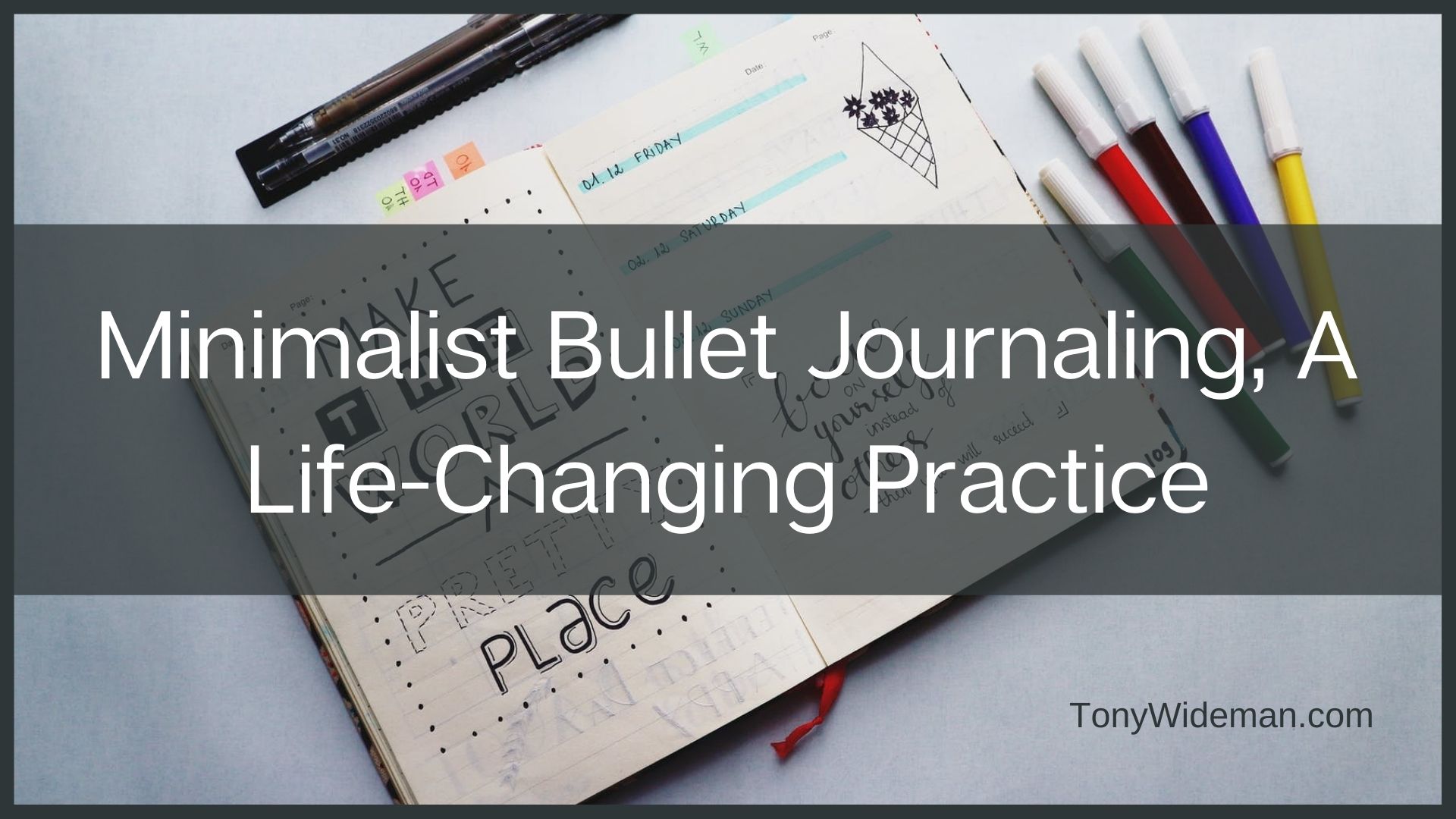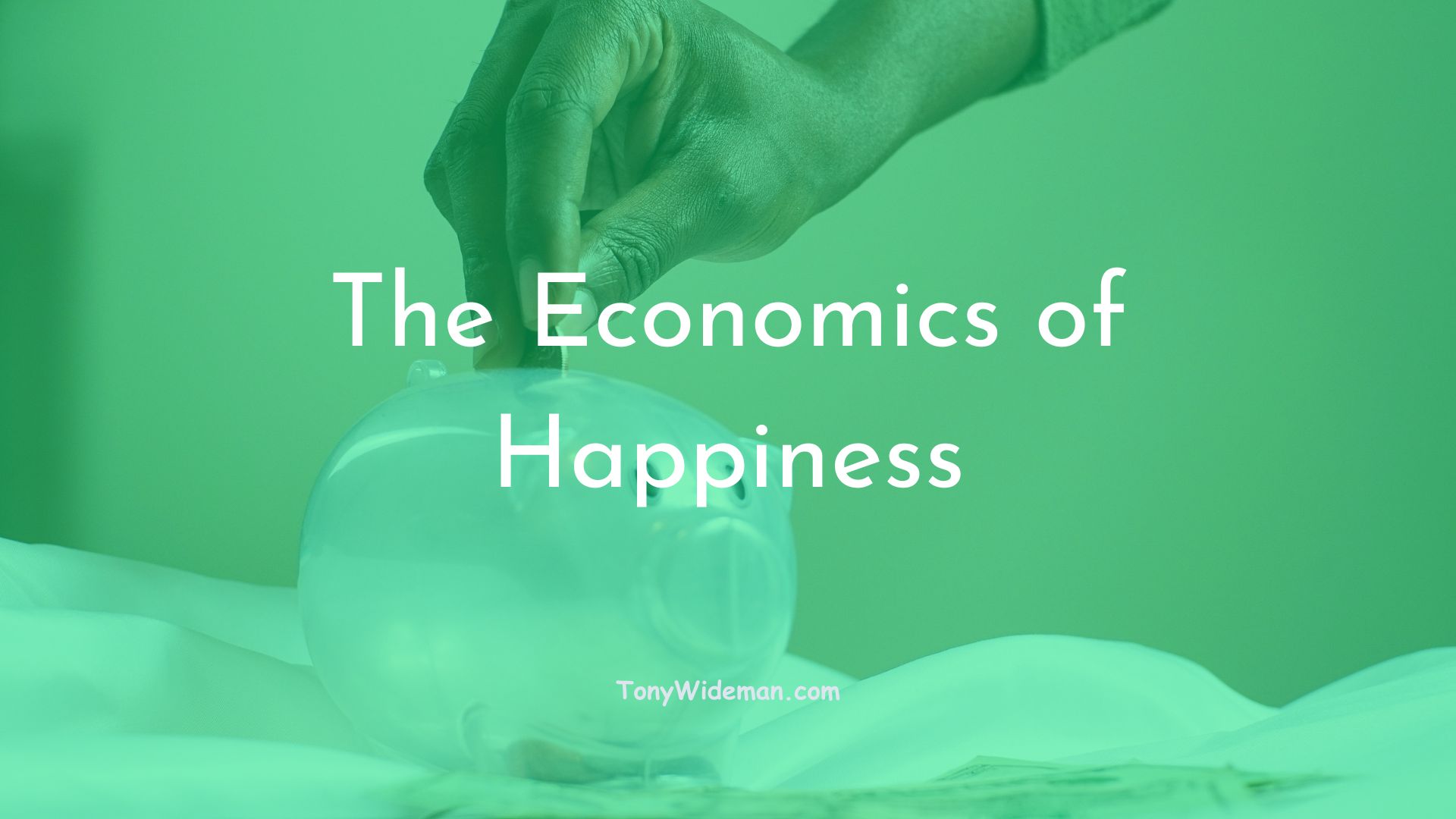The Life-Empowering Benefits of Turning Your Brain Off
The many benefits of turning your brain off are powerfully real and accessible to all.
Many of us believe in the benefits of taking a mental break a few times a day, but they may not be what we think. Yeah, we believe the brain can benefit from a few breaks during the day, but what exactly are the benefits?
Is it even possible to turn your brain off? How do you turn your brain off? What are the tangible benefits of turning your brain off?
These are some of the questions we will answer as we explore the benefits of turning your brain off.
Would You Benefit From Turning Your Brain Off?
Most people I know are preoccupied with family, making money, working, and advancing their careers. Throughout my life, I have found that preoccupation odd, but I never thought much more about it. I was taught that working hard, staying active, and staying busy were good things that would always benefit you.
I never fully believed it, but I went along with that program anyway. Almost everyone I know saw through my facade and understood my fundamental beliefs.
I always believed in doing what needed to be done at the time, striking a balance between work and rest, and living and letting live. As a result, I never complained about working hard or complained about someone not pulling their weight.
I just did what I had to do and kept it moving.
This indifference baffled many people, as I did not react to situations as most people expected.
This led many people to believe I did not work hard and was lazy. As a result, I found that odd because I was up and working out in the gym at 5:30 in the morning almost every morning while they slept.
I worked two jobs and was enrolled in school, but I never bothered or complained about how much I was doing. As a result, I just always did what needed to be done, and the social norm is to complain or boast about work and the lack of free time.
I believe this type of social behavior toward work and rest has led to a misunderstanding and to the abuse of the brain’s physical requirements for optimal health and performance.
Deep down, you must know that the constantly working, full-tilt, sleep-deprived, “when-you’re-dead” mentality can’t be good for your overall health, well-being, and happiness.
The brain needs adequate rest and downtime to serve you at its best. That cannot be disputed, and sleep is widely regarded as the most effective form of rest and recovery for the brain. Is it really?
Why is it that many people get their best ideas in the shower? What are the reasons many people think clearly while on vacation or away from the office? Why do people experience mental clarity and find many other benefits from meditation?
Is the brain turned off at these times? Would the brain perform even better after being turned off? Can you really turn your brain off? How much more could you accomplish utilizing a supercharged brain?
Do you really even need a brain? (Sorry, just kidding. I could not resist. LOL).
These Are The Benefits of Turning Your Brain Off
Research shows that working meditation, long walks, and mental breaks increase productivity.
Even daydreaming is used as a form of mental relaxation. The same chemical and physiological processes that occur when we sleep—restoring and rejuvenating the brain — can be intentionally triggered instantly, many times a day, to supercharge your brain.
Sleep is the ultimate shutdown to replenish the brain. Still, other forms can produce similar, if not better, results essential to achieving the highest levels of performance and forming the stable memories the brain uses for housekeeping during downtime.
Any downtime that causes the mind to wander will whisk us from that moment in time. This helps us store and playback information so we can learn from the past and plan for future decisions.
We should be cautious, as a Scientific American article discusses downtime and highlights the work of Marcus Raichle of Washington University in St. Louis and his colleagues, demonstrating that the human brain is a glutton for all available resources.
Believe it or not, the brain demands 20 percent of all the energy the human body produces at all times, and only 5 to 10 percent more energy when under heavy load, performing at peak, solving complex problems, or engaging in intensive reading.
Wow! The brain is truly a glutton, demanding 20% of all available energy, but it’s mostly dormant. That’s just greedy. LOL.
The brain demands this energy and can perform its amazing daily functions because tasks are allocated to dedicated regions to share the load.
Whatever the need, the brain has a specialized section and an App for that. LOL. This mimics rhythmically turning your brain off, giving sections a break.
Raichle found that different brain regions showed consistent increases or decreases in activity depending on the task. It appears that the brain worked just as hard responding to requests, whether they were simple or more complex.
The brain just handled those requests across different regions to reduce overall load.
The research found that different regions of the brain consistently became more active at rest and less active when the person focused on a mental challenge.
Ironically, there are sections of the brain that fire up, come to life, and synchronize when people daydream or are in a state of wakeful rest. The complex circuits of brain activity have come to be known as the default mode network (DMN).
The DMN is one of many different resting-state networks the brain can access. In the past few years, researchers have found networks for vision, hearing, movement, attention, and memory.
However, the DMN remains the best studied and perhaps the most important among them.
This suggests that the brain is equipped to capitalize on every momentary lapse in attention, allowing the resting-state networks to take over.
The brain can fire up the DMN instantly when circuits used to consciously direct attention go dormant for even a fraction of a second. Even when we close our eyes or blink, this study shows that the transaction can occur.
Researchers are unsure what happens at this time, but one could imagine it as a form of rest that facilitates memory consolidation for ongoing maintenance, storage, and learning.
This is why vacations benefit people so much. Not only do vacations revitalize the body, but also the mind.
When you change your environment (Places, people, food, etc.), your brain is forced to use regions that may have been less active, as well as those that may have been more active.
Similar to the daydreaming effect mentioned earlier.
Unfortunately, research shows these benefits begin to fade in about 2 to 4 weeks of returning to your routine. We would all benefit from taking several short vacations throughout the year.
Learn To Turn Your Brain Off and Enjoy The Benefits
Alright! This is the fun part. There is nothing special for you to do to turn your brain off and enjoy the benefits of a supercharged brain. The natural mechanisms are already in place and just waiting for you to get out of greatness.
Just sit back, relax, and let the beauty of your brain enhance and supercharge your life.
Mary Helen Immordino-Yang of the University of Southern California and her co-authors argue that the brain never sleeps. Downtime is when the brain is anything but idle.
Downtime is an opportunity for the brain to regroup and assess recent events.
The brain is complex at work, reevaluating, understanding, and rewriting the day’s events to find solutions to help create a better you.
You have regularly experienced this on a conscious level. Whenever you replay conversations and events in your head, experiment with other possible outcomes.
The times when you daydream and say, “I should have said this” or “I should have done that” happen when your brain is doing its regular housekeeping during downtime.
We craft hypothetical situations and engage in role-playing to better prepare for similar situations that may arise.
We replay memories in our minds, practicing different responses and outcomes, and then work through pain points in our lives to prepare for the next time we encounter them.
There are times when we even fantasize about situations like firing our boss or asking our favorite celebrity out on a date. This is the housekeeping that the brain performs when we believe we are at rest.
These are moments of introspection, and they are some of the ways we form a sense of self —essentially, our story, the identity we continually tell ourselves we are.
To consistently reap the benefits of turning your brain off:
- Only perform a particular type of task for 1 to 2 hours, no more than 4 hours, then do a different kind of task.
- Constantly explore your creative side during the day. Sing, write, draw, daydream, skip, play, and just be silly. Certain sections of your brain will reward you for your attention and stimulation.
- Periodically change your daily routine. Throw in a curveball, or a monkey wrench into the mix, and don’t forget to add some spice now and then.
- Don’t be afraid to take frequent, lengthy breaks. Your work or personal life will not be negatively affected. Research shows you will be rewarded handsomely with superpowers. LOL.
Conclusion
Well, there you have it. The brain is a voracious consumer of energy resources.
The brain benefits from downtime, rest, and sleep, but does not require it as much as one might think. It has an ingenious workaround to replenish itself and ensure survival.
There are benefits to turning your brain off, but it would fake sleep and keep working its magic behind your back. The brain is a workaholic, and there is nothing you can do about it.
The brain is amazing, but I admire the hand a little bit more (Click Here To Find Out Why). Don’t forget that the brain demands up to 20% of the body’s energy to function correctly and up to 10% more during peak times.
It is a bit of a spoiled prima donna LOL.
All joking aside, the brain is a fantastic part of the Human body, and we have only scratched the surface in the journey to learning its secrets.
Someone once said, “Variety is the spice of life,” and I believe it to be true.
It’s not a mistake; the brain is designed to work better when you live freely and add variety to your life. The brain frowned upon doing anything for 8 hours straight.
The brain loves it when you sing, dance, and act silly. I used that time to rest the brain regions that handle mundane tasks.
Most importantly, the brain loves it when you daydream, fantasize, and role-play. It uses this content to enhance learning and problem-solving.
Living a productive, happy, and fun-filled life is all you need to enjoy the many benefits of taking a break from your brain.
Easily enhance your brain’s performance with The Best Nootropic Stacks.






